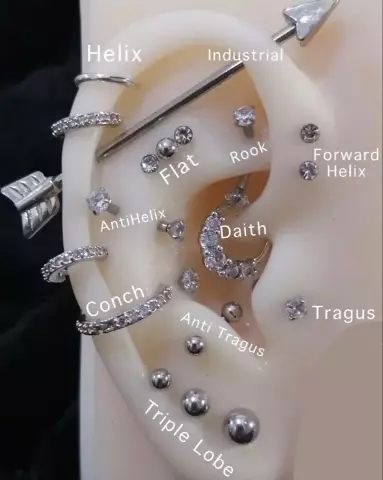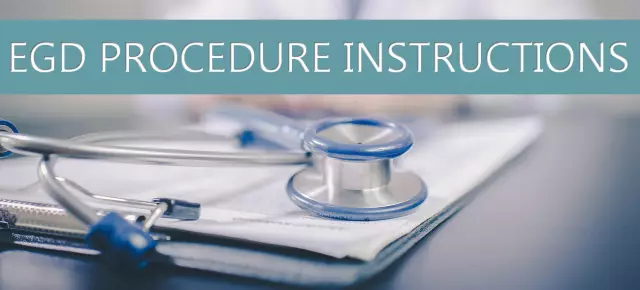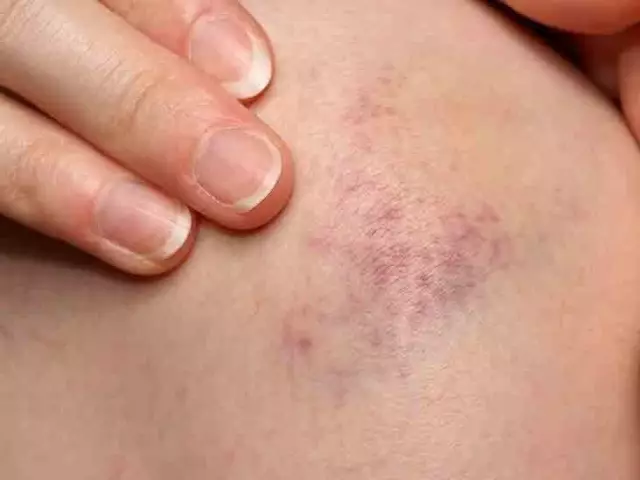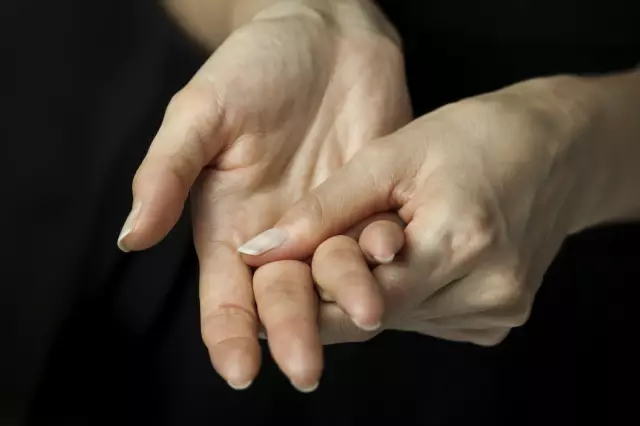- Author Rachel Wainwright wainwright@abchealthonline.com.
- Public 2023-12-15 07:39.
- Last modified 2025-11-02 20:14.
Piercing

Over the past few decades, body painting has been rapidly developing, and piercing is one of the most fashionable trends in face and body decoration.
The word "piercing" comes from the English word "pierce" - to drill, to pierce. Actually, piercing means piercing certain parts of the body with a needle and threading jewelry into these holes. This art is very old. In ancient times, piercing was more common among the strong half of humanity and signaled belonging to a particular rank or tribe, and also served to demonstrate power and courage. Nowadays, piercings are purely aesthetic and decorative.
Piercing types
There are many types of piercing. The most common piercing sites are ears, eyebrows, navel, tongue, nipples, wings of the nose, genitals, lips.
Ear piercing is a classic piercing that heals in about two weeks to a month. Recently, ear cartilage punctures have become increasingly popular. They take longer to heal than the lobes, about 2 to 3 months. Tunneling in the earlobes can be distinguished as a separate type of extreme piercing.
Belly button piercings are mostly done by women. A puncture in the navel heals for about 3-4 months, during which the navel must be treated as carefully as possible. In addition, until the navel has healed, you cannot engage in sports that involve the abdominal muscles.
Nose or eyebrow piercings are less common. Nose piercing is not very popular, as it often interferes with its owner. And eyebrow piercing is a rather painful procedure. Such punctures take about 1-3 months to heal.
Lip piercing heals on average 1-2 months, and a puncture in the tongue, if the procedure is sterile, can heal in 1-2 weeks. However, it should be said that piercing of the tongue or lips gives its owner certain unpleasant sensations and inconveniences during the healing process. Lip piercing early after a piercing can cause diction problems. And the barbell in the language for some time can interfere with its owner to eat and communicate normally.
Intimate piercings are done to heighten the sexual sensations. Women usually have a puncture or a fold over the clitoris. Such a puncture heals for about 1.5 months. Male intimate piercings are much more diverse than female ones. A man can pierce the foreskin, glans, testicles, frenulum.
Nipple piercings are also done to enhance the sexual experience. In addition, after the puncture, the nipple becomes larger and the problem of "congestion", if it existed, disappears. The nipple puncture heals for about 3-5 months. However, if you are planning a motherhood, nipple piercing is not recommended as it may affect lactation.
How is the piercing procedure going?

The piercing procedure is quite simple and consists in making a hole in a certain area of the body, after which the jewelry is threaded into it. The decoration can be made of ivory, wood, plastic, metal, etc. You can even thread a regular thread or a small rod on which precious stones will be attached: amber, diamonds, pearls, etc.
The modern piercing industry has in its arsenal a variety of jewelry made from silver, gold, platinum or surgical steel. The shapes can be very diverse: rods, clips, rings, chains, threads, etc.
How do I care for my piercing?
Regardless of which type of piercing you choose, for the first two weeks after the piercing, it is recommended to avoid visiting the pool, sauna and swimming in natural waters, especially in the sea. In crowded places, there is a high probability of infection through open wound surfaces.
The puncture site should be taken very carefully, since neglect can lead to an abscess, local infections and even blood poisoning. For wiping punctures, use only those products that have been recommended by a specialist. Until the wound is completely healed, it is not recommended to remove the jewelry, as an infection can get into the puncture.
After a navel or nipple piercing, a clean cotton T-shirt or T-shirt should be worn overnight. With intimate piercings, sexual intercourse is not recommended until the puncture is completely healed.
When piercing the lips or piercing the tongue, it is not recommended to drink alcohol or smoke until the piercing is completely healed. And after each meal, rinse your mouth with a disinfectant solution.
When piercing a nose, you should be especially careful about your own health, so as not to catch a cold. A runny nose can significantly complicate the healing process.
Possible complications
If complications occur, you should immediately consult a dermatologist. As with any surgery, piercing damage can be significant if done by a non-professional. The risk of damage to the facial nerve is especially great. And if sanitary conditions are not observed, the puncture can become infected with viral hepatitis and even HIV. Therefore, special care must be taken when choosing an experienced specialist. All piercing tools and jewelry must be professional and meet European standards.
Contraindications to piercing
There are a number of contraindications to piercing. So, for example, you cannot do it in case of exacerbation of any chronic disease (ulcer, gastritis, otitis media, colitis, pancreatitis, rheumatism, sinusitis, etc.), in the presence of systemic (lupus erythematosus) and skin diseases (psoriasis).
Piercing can be harmful if you make a puncture at an elevated body temperature. It is not recommended to make punctures with poor blood clotting, diabetes mellitus, hepatitis C and B, since these diseases disrupt the process of epithelialization and channel formation at the puncture site.
It should also indicate to the specialist about the presence of allergic reactions to drugs of the lidocaine group and metals, if any.
Women can be harmed by piercings if done during their period or during pregnancy. It is not recommended to make punctures for mental disorders and epilepsy, as there is a possibility of a seizure.
Found a mistake in the text? Select it and press Ctrl + Enter.






